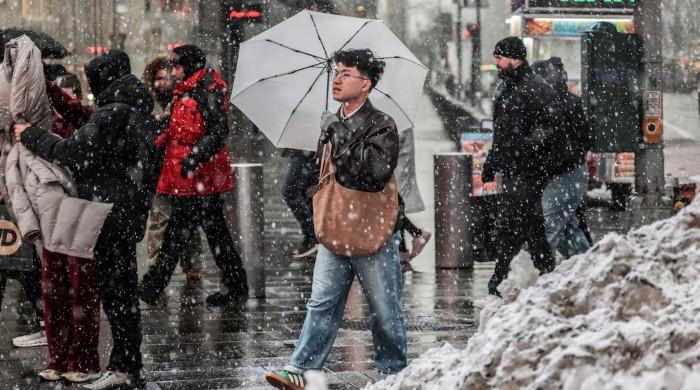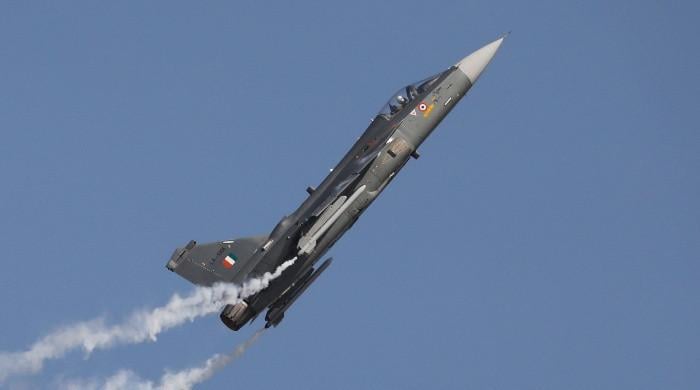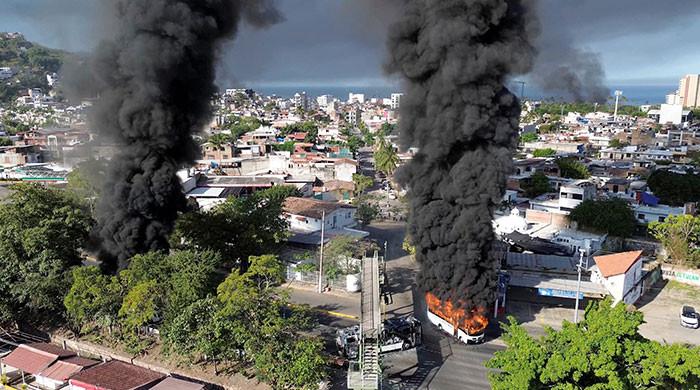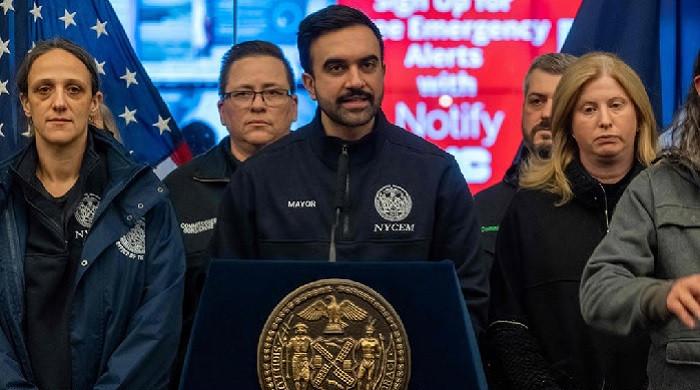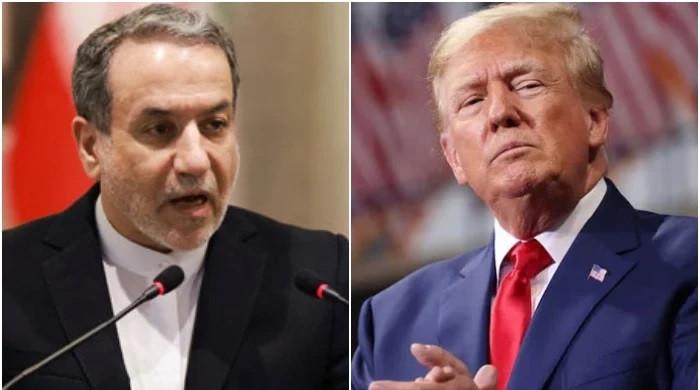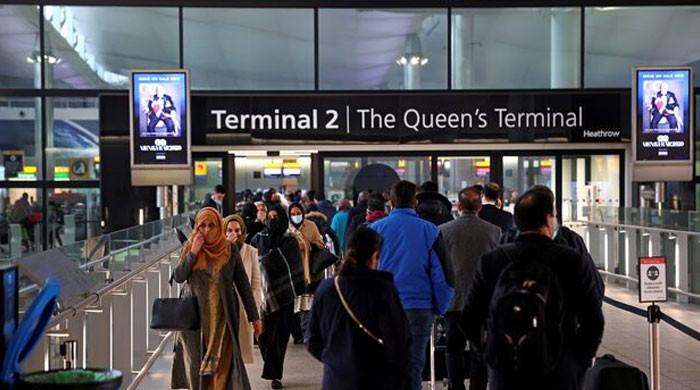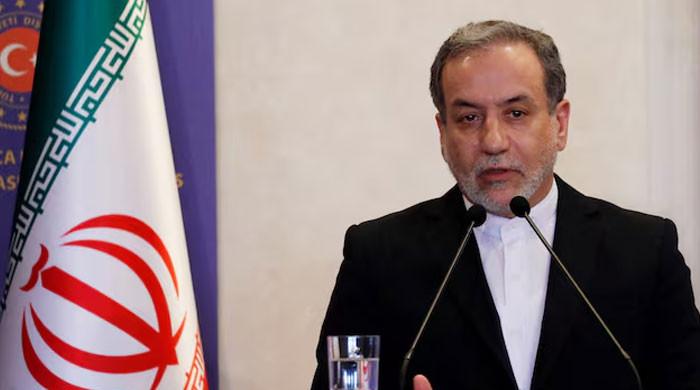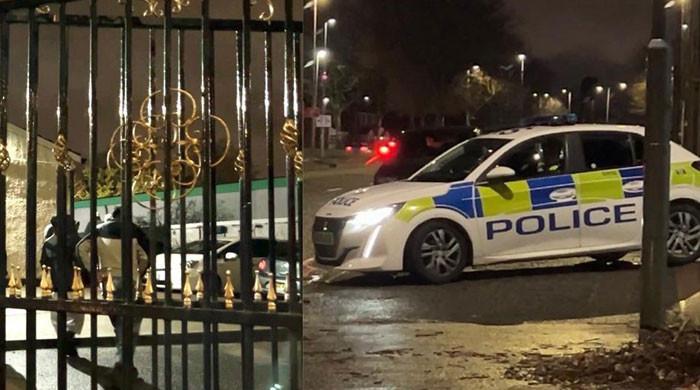BLOG: To eradicate terrorism, we must eliminate corruption
Terrorism and more specifically Daesh can never be defeated without tackling the scourge of corruption which is “the most powerful weapon in the armory of violent extremism”. This was...
February 25, 2017
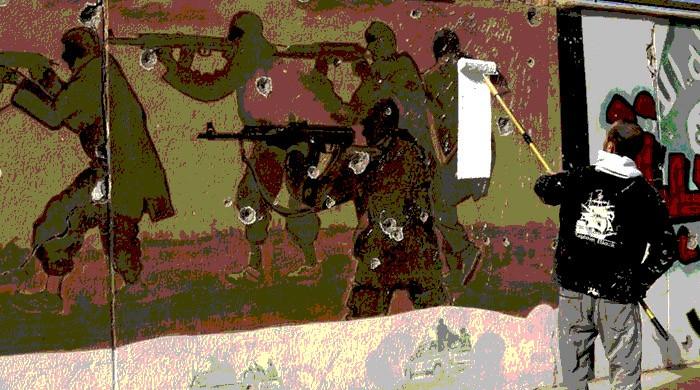
Terrorism and more specifically Daesh can never be defeated without tackling the scourge of corruption which is “the most powerful weapon in the armory of violent extremism”. This was the crux of a recent report by Transparency International (TI). The report, entitled The Big Spin, primarily targets Daesh and Boko Haram but the conclusion applies to actors on the entire terrorism spectrum.
Transparency has accused western donors including the UK and the US of ignoring corruption in recipient governments. It’s a fair call given that terrorists and militants thrive in poor and unfair environments. Those who have nothing to lose are that much easier to radicalize and recruit. Giving money to corrupt governments serves only the government and the terrorists, providing both these elements the power to hold ordinary citizens as well as donors hostage. It’s similar to the problem of circular debt; a link in the chain has to be broken to fix the problem. In the case of terrorism that link is corruption in affected countries.
Ghada Zughayar, a TI Director, said in one of her blogs, “Security will only succeed long-term if governments make a genuine break with cronyism and build trust with citizens. This will require a huge change in political will.” While being spot on in theory, this is a self-defeating option because no corrupt government worth its name will ever willingly put an end to nepotism/corruption within its ranks. External pressures will be required to break the cycle. According to Katherine Dixon of TI, “the international community expends great efforts tackling the ‘ideology’ of groups such as the ISIS, focusing on the religious rhetoric they produce, yet completely ignoring the material circumstances in which they thrive.”
So basically what needs to be understood fully by the global community and those fighting terrorism is that religious radicalization has its roots in social, economic and judicial inequality. Fix the latter and you can fix the former. The 44-page report also says that "radical movements like Daesh thrive when people lose all faith in those in power -- when officials profit from the misery of the many, when the police exploit rather than protect, and when economic opportunity is skewed in favor of the connected few."
Ms Dixon, the co-author of the TI report, concludes that "Corruption is a real security threat, more than just a means for elites to line their pockets. In the end corrupt governments… are the architects of their own security crises."
So, things are coming to a head. The realization that corrupt governments are ultimately to be blamed for their own security crisis can be felt during deliberations at western security meetings and world leaders are questioning the wisdom of a strings-free kitty for the corrupt. Panama Leaks was just the beginning. The world is beginning to realize the lengths to which the rich are willing to go to hide their wealth, ill-gotten or not. If it’s to avoid taxes it means their state is being deprived of public welfare money and if the money is ill-gotten it means ordinary, hard-working people were robbed. Both create a cycle of depression that can be exploited by anyone with an agenda. There are also those who believe international weapon cartels are behind all the war and terrorism in the world. Again, even if they are it does in no way exonerate government officials willing to act as Trojan horses against their own people because as the TI report clearly says, “extremist groups use corrupt officials and their links to organized crime to facilitate financial and arms flows… Corruption also hollows out state institutions that should keep extremist forces in check.”
Munazza Siddiqui is an Executive Producer with Geo News and Editor Jang-The Economist annual edition. She tweets @munazza193
Note: The views expressed in this blog are those of the author, and do not reflect the official policy or position of Geo News, The News or the Jang Group




